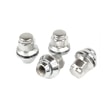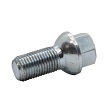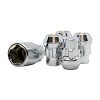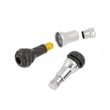How much does a rim weigh? Data for specific rim sizes
The weight of an aluminum wheel is one of the key factors affecting a car's performance. So let's take a look at how much different wheel sizes weigh, the differences between steel and aluminum wheels, and how wheel weight affects everyday driving.
Why does rim weight matter? Impact on acceleration, braking, and fuel consumption
The weight of an aluminum wheel has a significant impact on a vehicle's acceleration. Lighter wheels allow for faster acceleration because unsprung mass is reduced. This means the engine has less mass to move, resulting in better driving dynamics. In the context of sports cars, where every second counts, lightweight wheels are particularly valuable.
Brakes also work more effectively with lighter rims. The weight of an aluminum rim influences how quickly a vehicle can stop. Lighter rims reduce inertia, allowing for more effective braking. As a result, a car with lighter rims can have a shorter braking distance, which is crucial for road safety.
Fuel consumption is another aspect affected by rim weight. Lighter rims mean lower rolling resistance, which translates to lower fuel consumption. In the long run, this can lead to significant savings, especially for drivers who travel long distances. Therefore, it's worth investing in lightweight rims, which will improve both performance and fuel efficiency.
How much does a steel rim weigh, how much does an aluminum rim weigh, and which is lighter? Comparing the weight of different materials
Steel and aluminum rims differ not only in appearance but also in weight. How much does a steel rim weigh compared to an aluminum rim? Steel rims are typically heavier due to the use of steel as the material. The average weight of a steel rim is around 7-10 kg , depending on size.
Aluminum rims typically weigh less. 14-inch aluminum rims weigh an average of 5-6 kg, making them significantly lighter than their steel counterparts. However, it's important to remember that the weight of an aluminum rim increases proportionally to its diameter, and for a 20-inch aluminum rim, it can even exceed 10 kg. Thanks to the lower density of the material used, aluminum rims are lighter, making them more popular with drivers who value better performance and lower fuel consumption.
Another important aspect is durability. Steel rims are more resistant to mechanical damage, making them a good choice for challenging road conditions. Aluminum rims, on the other hand, are more aesthetically pleasing and offer better driving characteristics. Therefore, the choice between steel and aluminum rims depends on the driver's individual needs and preferences.
How does rim size affect weight? An analysis of popular sizes from 14 to 20 inches.
The size of the rim directly impacts its weight because, as mentioned, the weight of an aluminum rim increases with its diameter. For example, a 14-inch aluminum rim weighs around 5-6 kg, while a 15-inch aluminum rim weighs 6-7 kg. For comparison, a 16-inch aluminum rim weighs around 7-8 kg. And how much does a 17-inch aluminum rim weigh? 8 to 10 kg.
The larger the rim, the more material is needed to make it, which naturally increases its weight. Therefore, a 19-inch or 20-inch aluminum rim can weigh over 10 kg. 19-inch alloy rims , popular on sports cars, can weigh up to 12 kg. It's worth remembering that larger rims, while they can improve the car's appearance, can also affect ride comfort and fuel consumption. Therefore, it's important to choose the right rim size for the vehicle type and its intended use.
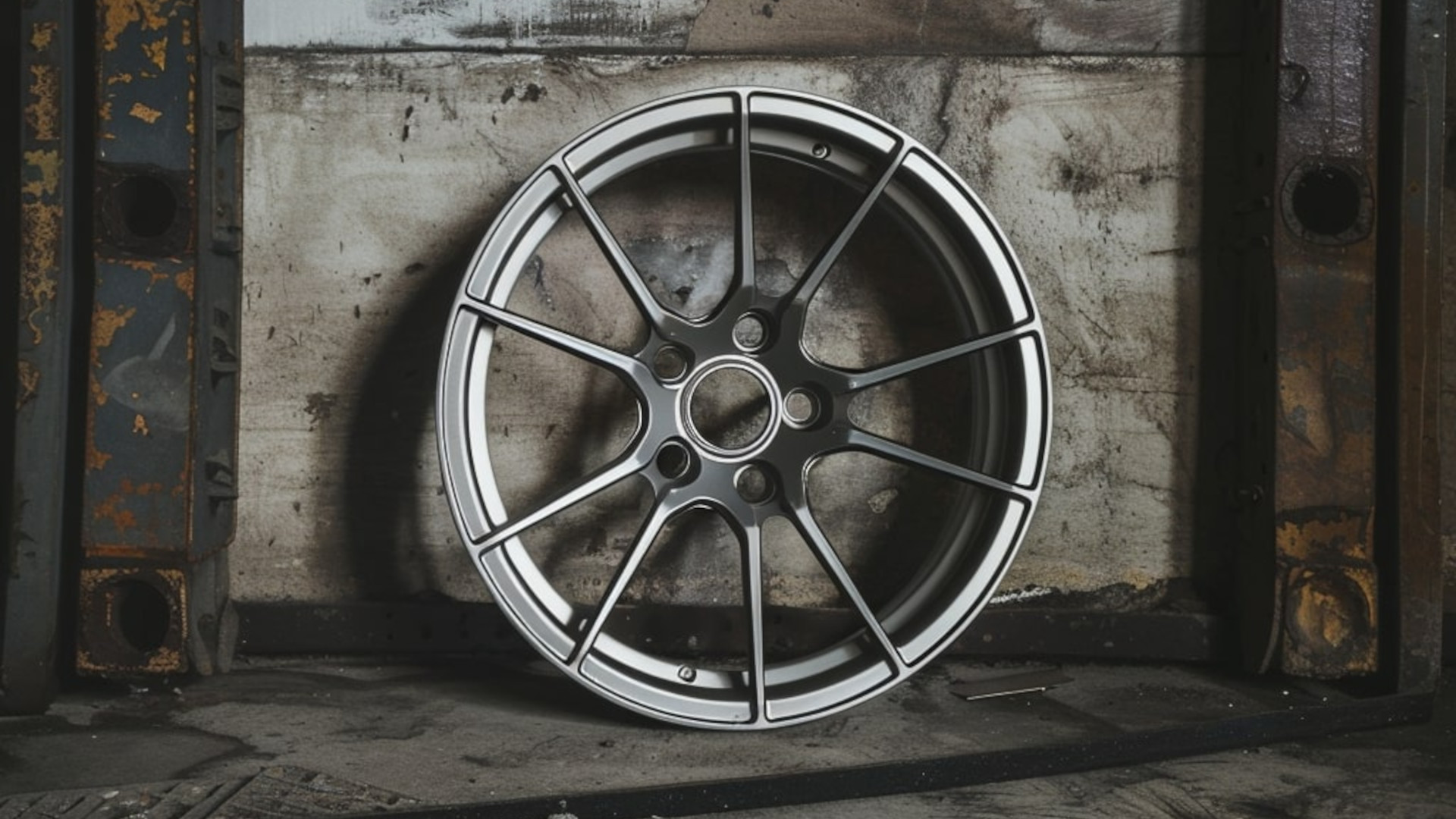
Numerical facts about rims
Rims are not only a functional element but also an interesting subject of research and innovation. The average weight of an aluminum rim depends on many factors, including the material and production technology. Modern rims can weigh less than 5 kg thanks to the use of lightweight alloys and advanced casting techniques.
What is the average weight of an aluminum rim?
The average weight of an aluminum rim varies between 6 and 9 kg, depending on size. 14-15-inch rims are the lightest, while larger 18-20-inch rims weigh correspondingly more. Often, 18-inch aluminum rims are used to calculate the average weight of an aluminum rim for a given model, and their weight is reported as this value. It's worth noting new technologies that allow for reduced rim weight without sacrificing strength.
How much does a truck rim weigh?
How much does a truck rim weigh? A truck rim can weigh up to 50 kg. These rims are made of more durable materials to withstand heavy loads. However, this weight is offset by their greater load-bearing capacity and durability, which are essential for heavy-duty vehicles.
How much do the rims on an F1 car weigh?
The rims used in Formula 1 cars are extremely lightweight to maximize vehicle performance. An F1 car's rim weighs only about 3-4 kg. They are made of advanced composite materials that ensure not only low weight but also high strength and resistance to extreme conditions.
Is lighter always better? A compromise between weight and durability of rims.
While lightweight rims offer many benefits, they aren't always the best choice for every driver. Lighter 17-inch and similar-sized alloy rims can be more susceptible to mechanical damage. Therefore, it's important to choose rims that offer the right balance between weight and durability.
Cost is also worth considering. Lightweight rims made from advanced materials can be significantly more expensive than their heavier counterparts. Before making a purchase, it's worth considering whether the benefits of reduced weight are worth the additional cost.
The weight of an aluminum wheel is crucial to a vehicle's performance, but choosing the right wheel should also consider other factors, such as durability, cost, and operating conditions. When choosing wheels, it's worth consulting with experts and carefully analyzing your needs to make the best choice.

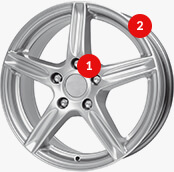

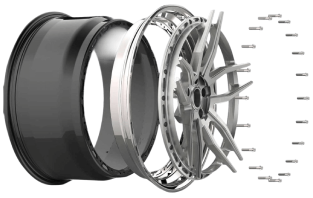
 Modern design
Modern design Perfect fit
Perfect fit High durability
High durability Free shipping within 24 hours
Free shipping within 24 hours
 Individual project
Individual project Dedicated caregiver
Dedicated caregiver
